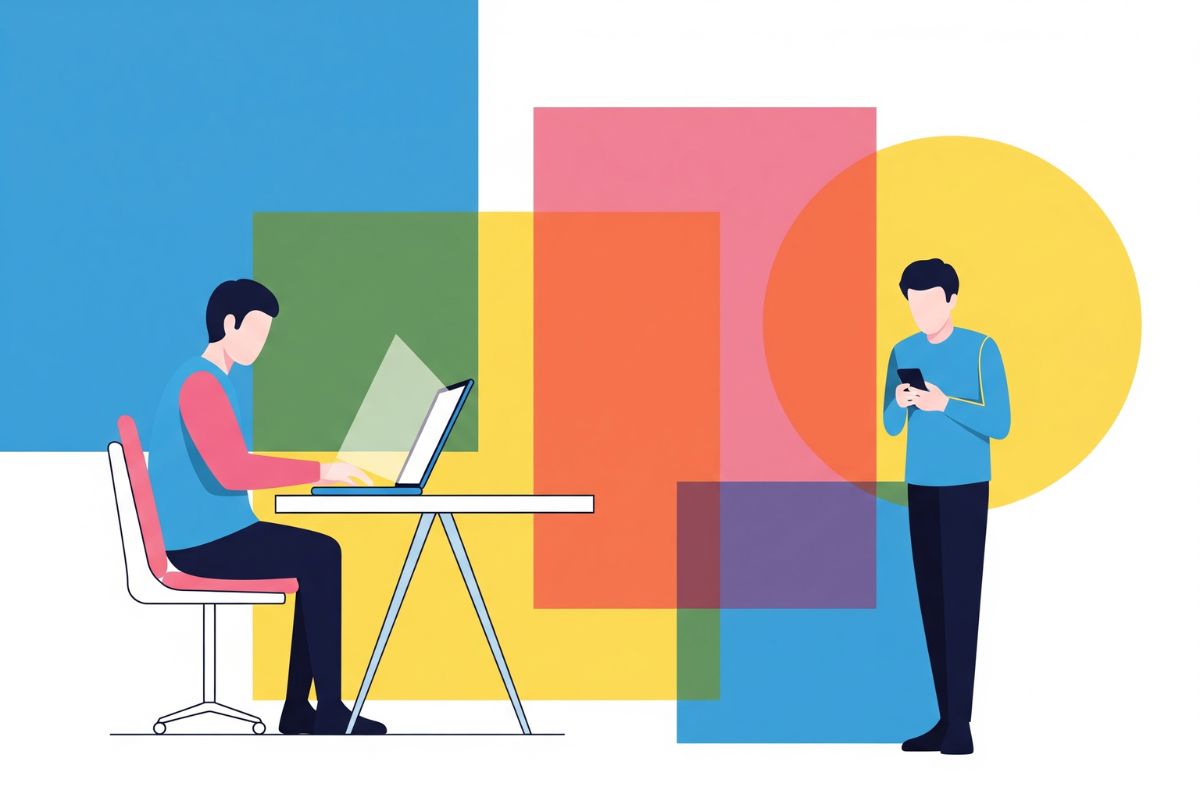
Robyn from Student Experience team on how to navigate the digital world safely with support from Flinders University and the eSafety Commissioner, offering clear steps to combat online abuse and manage your digital wellbeing.
Online platforms are an important part of student life at University, as they offer opportunities, to connect with other students, enhancing academic outcomes, social inclusion, and support the wellbeing of students.
There are a wide range of benefits for students, including access to additional resources, opportunities for collaboration, self-expression, exploring identity, connecting with those who share similar interests, cultural backgrounds and the development of critical life skills and much more.
Everyone has the right to be safe online; however, some students may experience forms of online abuse including image-based abuse: the sharing of intimate images without the consent of the person pictured, cyberbullying and cyberstalking.
Online abuse can be experienced by students of any age, background, gender and social status.
Regardless of where or how the online abuse occurs, if you or someone you know has or is currently experiencing online abuse, you can access support and information at Flinders.

You can contact our Student Equal Opportunity Advisors who provide free and confidential support and information to students about support services and reporting options on 8201 2118 or email studenteo@flinders.edu.au.
You can make a report on line or contact our Counselling Services on 08 8201 2118, (Monday – Friday, 8.45am to 5.00pm) for free and confidential support.
For Out of Hours Crisis Support Line 1300 512 409 or text 0488 884 103 after 5 p.m. weekdays and 24 hours on weekends and public holidays: for free and confidential support.
The eSafety Commissioner also provides resources that focus on helping students understand these forms of abuse and increase their online safety.

-
Know what counts as abuse: Online abuse can include cyberbullying, doxing, image-based abuse (including deepfakes), sexual extortion, cyberstalking, and threats of violence.
-
If it happens:
-
Collect evidence (screenshots) – how to collect evidence.
-
Report to the platform first; if not resolved, serious cases can be reported to eSafety.
-
If you’re being blackmailed for intimate images, see eSafety’s sextortion advice.
-
Stop contact (adjust privacy and security settings).
-
Reach out for support – university services, counselling, 1800RESPECT, or eSafety’s guides on managing the impacts of abuse.
-
-
Balance your online life: Too much screen time can affect study, sleep, mood, and relationships. Build in breaks, switch off notifications, set limits, and create device-free times and spaces.
-
Build digital literacy: Use strong passwords, learn platform settings, and explore eSafety’s guide to apps and platforms. Their key topics cover risks like scams, sextortion and image-based abuse, and resources are also available in multiple languages .
For more, see esafety.gov.au


